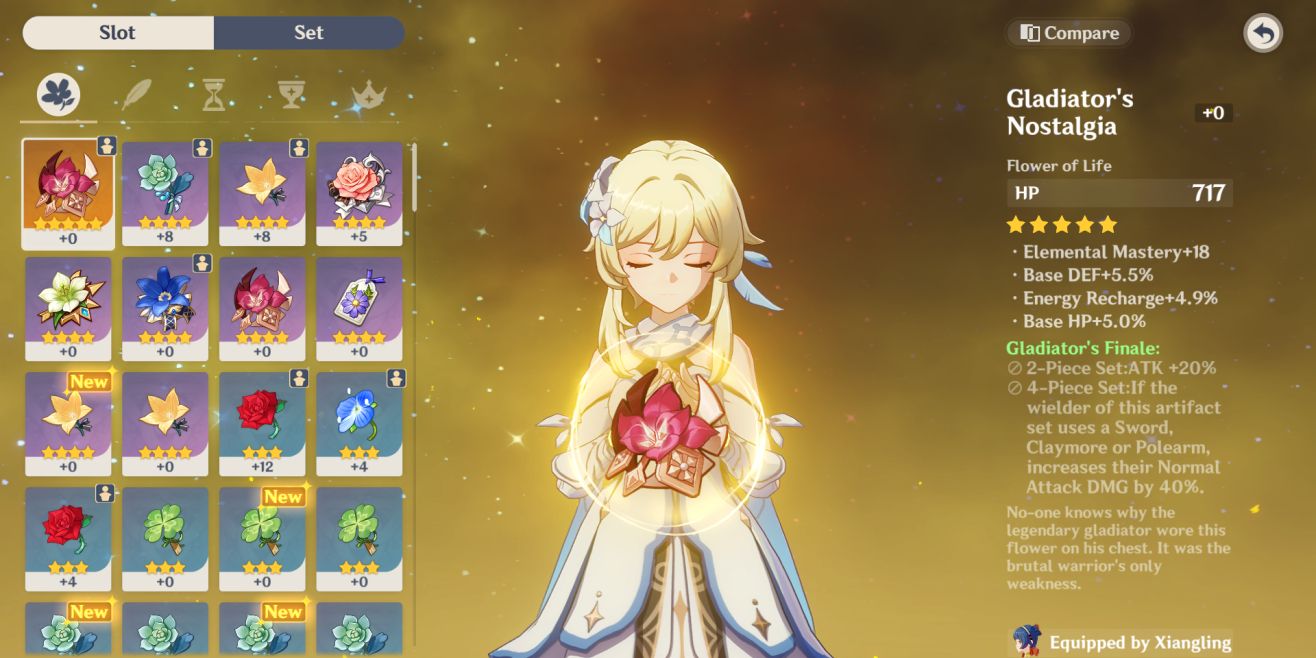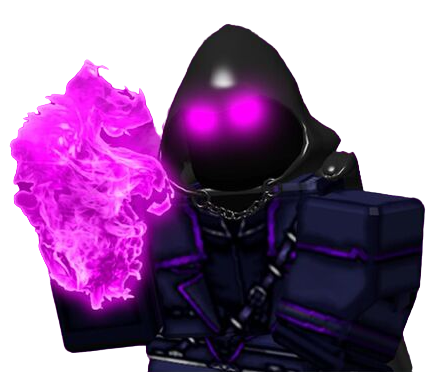
If a creature or an object has vulnerability to a damage type, damage of that type is doubled against it. If a creature or an object has resistance to a damage type, damage of that type is halved against it. Some creatures and objects are exceedingly difficult or unusually easy to hurt with certain types of damage. A concussive burst of sound, such as the effect of the thunderwave spell, deals thunder damage. Swords, axes, and monsters' claws deal slashing damage. Radiant damage, dealt by a cleric's flame strike spell or an angel's smiting weapon, sears the flesh like fire and overloads the spirit with power. Mental abilities such as a psionic blast deal psychic damage. Venomous stings and the toxic gas of a green dragon's breath deal poison damage.

Puncturing and impaling attacks, including spears and monsters' bites, deal piercing damage. Necrotic damage, dealt by certain undead and a spell such as chill touch, withers matter and even the soul. A lightning bolt spell and a blue dragon's breath deal lightning damage. Most effects that deal force damage are spells, including magic missile and spiritual weapon. Force is pure magical energy focused into a damaging form. Red dragons breathe fire, and many spells conjure flames to deal fire damage.įorce. The infernal chill radiating from an ice devil's spear and the frigid blast of a white dragon's breath deal cold damage.įire. Blunt force attacks-hammers, falling, constriction, and the like-deal bludgeoning damage.Ĭold. The corrosive spray of a black dragon's breath and the dissolving enzymes secreted by a black pudding deal acid damage.īludgeoning. The damage types follow, with examples to help a GM assign a damage type to a new effect.Īcid. Damage types have no rules of their own, but other rules, such as damage resistance, rely on the types. Damage Typesĭifferent attacks, damaging spells, and other harmful effects deal different types of damage. If the attack involves other damage dice, such as from the rogue's Sneak Attack feature, you roll those dice twice as well. To speed up play, you can roll all the damage dice at once.įor example, if you score a critical hit with a dagger, roll 2d4 for the damage, rather than 1d4, and then add your relevant ability modifier. Then add any relevant modifiers as normal. Roll all of the attack's damage dice twice and add them together. When you score a critical hit, you get to roll extra dice for the attack's damage against the target. For example, when a wizard casts fireball or a cleric casts flame strike, the spell's damage is rolled once for all creatures caught in the blast. If a spell or other effect deals damage to more than one target at the same time, roll the damage once for all of them. A spell tells you which dice to roll for damage and whether to add any modifiers. When attacking with a weapon, you add your ability modifier-the same modifier used for the attack roll-to the damage. With a penalty, it is possible to deal 0 damage, but never negative damage. Magic weapons, special abilities, and other factors can grant a bonus to damage. You roll the damage die or dice, add any modifiers, and apply the damage to your target. Damage RollsĮach weapon, spell, and harmful monster ability specifies the damage it deals. The loss of hit points has no effect on a creature's capabilities until the creature drops to 0 hit points.

Whenever a creature takes damage, that damage is subtracted from its hit points. This number changes frequently as a creature takes damage or receives healing. Those with fewer hit points are more fragile.Ī creature's current hit points (usually just called hit points) can be any number from the creature's hit point maximum down to 0. Creatures with more hit points are more difficult to kill. Hit points represent a combination of physical and mental durability, the will to live, and luck. The thrust of a sword, a well-placed arrow, or a blast of flame from a fireball spell all have the potential to damage, or even kill, the hardiest of creatures. Injury and the risk of death are constant companions of those who explore fantasy gaming worlds.


 0 kommentar(er)
0 kommentar(er)
